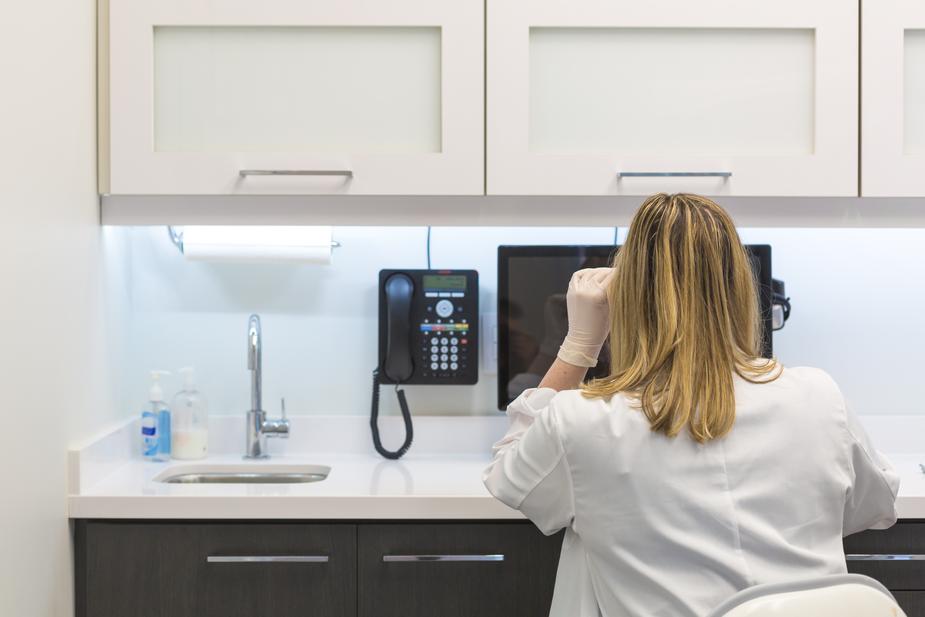In this chaotic world created by the infamous coronavirus. The only source of relief is in knowing that the death rate is quite low and recovery is possible.
- But is this recovery temporary?
- Is there any chance of relapse?
- Can you get corona again if you come in contact with the virus again?
All of these questions are logical and understandable. That’s why I am going to answer them here for you. or at least I will try.
We will start with the latest news in Turin (Italy). When it was made public that “Patient 1” from Turin had returned to positive for SARS-CoV-2 after three weeks of hospitalization and several negative tests. In fact, city doctors had already officially declared him recovered.
The problem is that it is not the only isolated report (and the largest studies speak of up to 14% ) that has made the phantom of reinfection fly over all the work that is being done around the coronavirus.
And it is that, although it may not seem like it, it is an essential subject. The big problem with this coronavirus is that it is new and, unlike other diseases, no one has immunity.
In other words, the virus can move with extreme ease from one human being to another without encountering resistance and making thousands of people sick in a very short period of time (collapsing the health system).
We are doing what we can to stop this epidemic, but are we condemned to live it over and over again? That is, is there immunity after infection?
Read our article about coronavirus vaccine here.
The reinfection debate
First of all, what we knew about other coronaviruses. Coronaviruses are a family of RNA viruses that, as such, have high mutation rates. Usually, there are multiple variants of each virus within the same person.
However, the experience with human coronaviruses is that immunity was generated that could last between three months and 15 years.
Even this is not enough to confirm it, it is a strong indication that SARS-CoV-2 could do the same.
Second, preliminary animal studies seem to indicate that the virus does indeed generate immunity. Here several problems arise. The first is the lack of comprehensive and reliable studies on the phenomenon. The teams are working against the clock and although the evidence is accumulating little by little, it is not giving time to refine it and replicate it with all the guarantees. The second is that we have been studying the virus for a very short time.
It is not surprising that the body generates short-term immunity against various pathogens. However, it takes more than a few weeks of immunity for ” herd immunity ” to occur. And the truth is that, with current studies, we cannot know how long the coronavirus would apparently last. The absence of this data is, without a doubt, one of the great weaknesses of all contingency plans that use herd immunity as an asset against SARS-Cov-2.
So, to answer the above questions.
Yes, Coronavirus provides a temporary immunity after its recovery and there is very little chance that you can get it again. But that doesn’t mean that you stop using the necessary preventive measures. If you’re not careful you can get it again.
